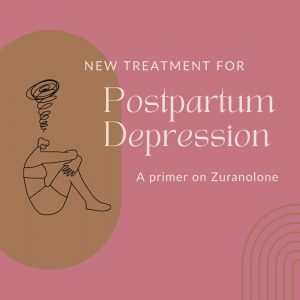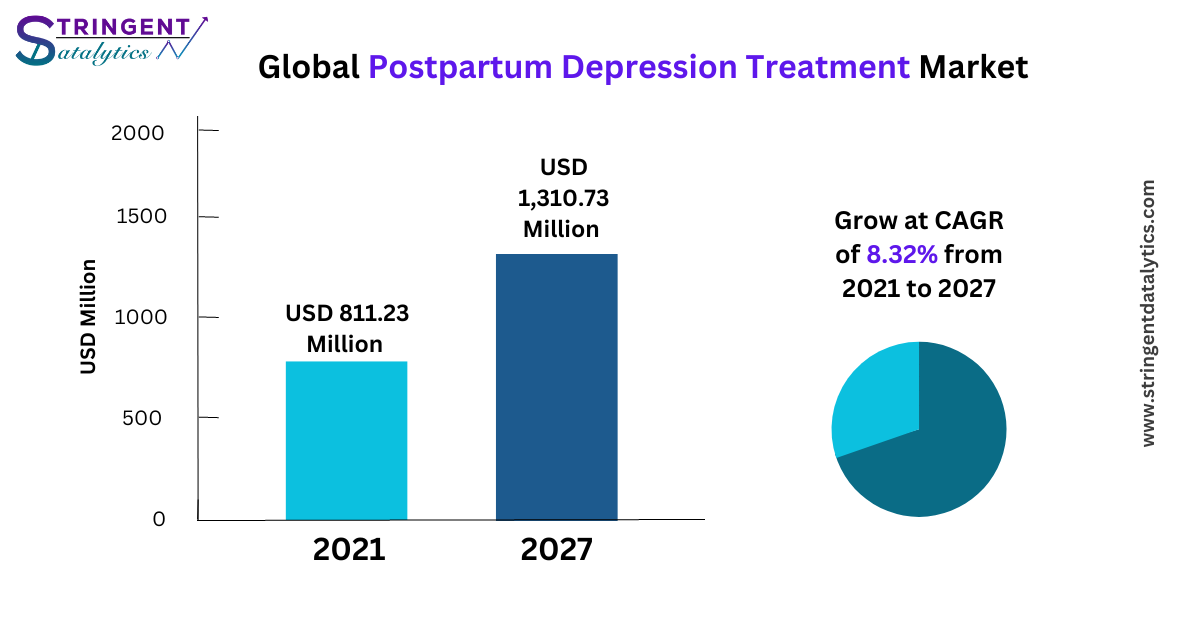The Best Guide To Beautiful Journey Reproductive Counseling Center
Table of ContentsThe Definitive Guide to Beautiful Journey Reproductive Counseling CenterThe 7-Minute Rule for Beautiful Journey Reproductive Counseling CenterSome Known Questions About Beautiful Journey Reproductive Counseling Center.Everything about Beautiful Journey Reproductive Counseling CenterBeautiful Journey Reproductive Counseling Center Things To Know Before You Get ThisGetting The Beautiful Journey Reproductive Counseling Center To Work

Dealing with psychological wellness specialists is a terrific method to find out about postpartum clinical depression and exactly how to recover. Therapy allows ladies to function through their problem and recognize the progress they make. Therapists can likewise change therapy in action to the lady's progression. Therapy is an individual and crucial way to deal with postpartum anxiety.

Get This Report about Beautiful Journey Reproductive Counseling Center
There have not been definitive researches published that looked particularly at folate or other B vitamins in the treatment of postpartum clinical depression. Think about advising to ladies that are postpartum to continue their prenatal vitamin or take a B-100 facility with regarding 1 mg (or 1,000 mcg) of folic acid, or folate.
Adjustment of vitamin D shortage may play a substantial role in the recuperation from postpartum clinical depression. Mommies having problem with clinical depression should have their 25-OH vitamin D degree checked. Several women locate that they need at the very least 2,000-3,000 IUs of cholecalciferol, which is vitamin D3 (a form that is very easily taken in) throughout the winter season.
In the summer months, much less dental vitamin D may be needed, depending on the latitude where the mother lives. perinatal support.
The smart Trick of Beautiful Journey Reproductive Counseling Center That Nobody is Discussing

Anticoagulation may be made use of, and it needs to be kept in mind that there exists no global standard or suggestion for anticoagulation therapy in septic pelvic apoplexy. Initial bolus of 60 units/kg (4000 units maximum) adhered to by 12 units/kg/h (optimum of 1000 units/h) is advised. The aPTT is monitored for 2-3 times the typical value.
Postpartum clinical depression (PPD) is an intricate mix of physical, psychological, and behavior changes that happen in some women after delivering. According to the DSM-5, a manual used to diagnose mental problems, PPD is a kind of significant depression that begins within 4 weeks after distribution. The medical diagnosis of postpartum clinical depression is based not just on the size of time in between delivery and onset yet on the extent of the clinical depression.
The term defines a variety of physical and psychological adjustments that several brand-new moms experience. PPD can be treated with drug and counseling. The chemical adjustments include a quick decrease in hormones after distribution. The real link between this drop and anxiety is still not clear. However what is understood is that the levels of estrogen and progesterone, the female reproductive hormones, rise tenfold during maternity.
Some Known Factual Statements About Beautiful Journey Reproductive Counseling Center
Usually, joining a support group you could try these out of brand-new moms or talking with various other mommies helps. can take place a couple of days or perhaps months after giving birth. PPD can happen after the birth of any child, not simply the initial child. You can have sensations similar to the child blues-- sadness, anguish, stress and anxiety, crankiness-- yet you feel them far more strongly.
When your ability to function is affected, you require to see a health care provider, such as your OB/GYN or primary care doctor. If you do not get therapy for PPD, symptoms can obtain even worse.
This ailment can take place quickly, commonly within the initial 3 months after giving birth. Ladies can lose touch with fact, having auditory hallucinations (hearing points that aren't in fact taking place, like a person speaking) and delusions (highly believing things that are plainly illogical). Visual hallucinations (seeing points that aren't there) are less typical.
Women who have postpartum psychosis need treatment right away and almost constantly need drug. Therapy alternatives consist of anti-anxiety or antidepressant medications, psychiatric therapy, and involvement in an assistance team for psychological assistance and education.
Getting The Beautiful Journey Reproductive Counseling Center To Work
Youngsters of mommies with postpartum anxiety are a lot more likely to have troubles with sleeping and eating, sobbing even more than common, and delays in language advancement. If you have a background of clinical depression, tell your medical professional as quickly as you discover out you're expecting, or if you're intending to become expectant.
Commonly, signing up with an assistance team of new moms or chatting with other mamas aids. can occur a couple of days or even months after childbirth. PPD can take place after the birth of any kid, not simply the initial youngster. You can have feelings comparable to the infant blues-- sadness, anguish, stress and anxiety, crankiness-- but you feel them a lot more strongly.
When your ability to function is impacted, you require to see a health care carrier, such as your OB/GYN or key treatment physician. If you don't get treatment for PPD, signs and symptoms can get even worse.
This illness can happen swiftly, frequently within the initial 3 months after childbirth. Women can shed touch with reality, having acoustic hallucinations (hearing things that aren't actually taking place, like a person speaking) and deceptions (strongly believing things that are plainly irrational). Aesthetic hallucinations (seeing things that aren't there) are much less usual.
The Buzz on Beautiful Journey Reproductive Counseling Center
Ladies who have postpartum psychosis demand treatment right away and nearly always need medication. Therapy choices include anti-anxiety or antidepressant medications, psychotherapy, and engagement in a support team for psychological assistance and education.
Youngsters of mothers with postpartum clinical depression are more likely to have troubles with sleeping and consuming, sobbing greater than usual, and hold-ups in language development (licensed professional counselor new jersey). If you have a history of depression - http://tupalo.com/en/users/6492635, tell your medical professional as quickly as you discover you're expectant, or if you're preparing to become expectant